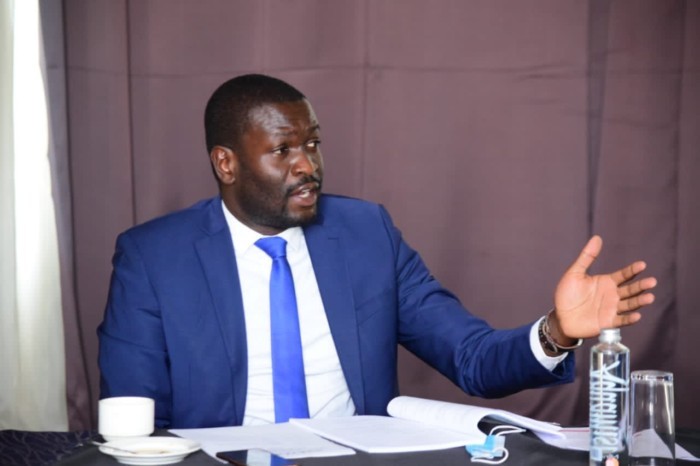
The Supreme Court has declared the Building Bridges Initiative Bill (BBI Bill) unconstitutional.
The seven bench judge nullified the Bill also known as The Constitution of Kenya Amendment Bill, 2020, on two issues;
- The President initiating a popular initiative
- Creation of seventy new constituencies
Six out of the seven Supreme Court judges ruled that the President cannot lead a popular initiative to amend the constitution.
“The President is ineligible to initiate a constitutional amendment through the popular initiative. The president can not purport to act as an ordinary citizen because he is not,” said Justice William Ouko while reading his judgment.
On the creation of 70 new constituencies, the court found that the Second Schedule of the BBI Bill, which apportioned and allocated the proposed additional 70 constituencies was a late addition to the subject amendment process and was not subjected to public participation as required by the Constitution.
Hence terming it unconstitutional.
However, the judges allowed five issues;
- The Basic Structure doctrine was not applicable in Kenya, saying there was no provision in the Kenyan constitution that was unamendable.
- Issue number four which was on the President’s immunity. The supreme court judges unanimously agreed that “Civil proceedings cannot be instituted in any court against the President or the person performing the functions of the Office of the President during their tenure of office in respect of anything done or not done under the Constitution of Kenya 2010.”
- Issue number five was on public participation, the judges again unanimously agreeing that “There was no obligation under Article 10 and 257 (4) of the Constitution, on IEBC to ensure that the promoters of the Constitution of Kenya (Amendment) Bill, 2020 complied with the requirements for public participation.”
- Issue six was on quorum and composition of IEBC:
“IEBC is a body corporate, whether with the maximum 7 or three minimum commissioners, it is able to execute its mandate and generate policies. With 3 commissioners was quorate and able to execute its functions,” said Justice William Ouko.
- The seventh and final issue that the appeal allowed was on the question raised regarding the interpretation of Article 257(10) of the Constitution on whether or not it entails/ requires that all specific proposed amendments to the Constitution should be submitted as separate and distinct referendum was not ripe for determination.
Chief Justice Martha Koome said the full judgment will be given next week on Tuesday 4th April.












